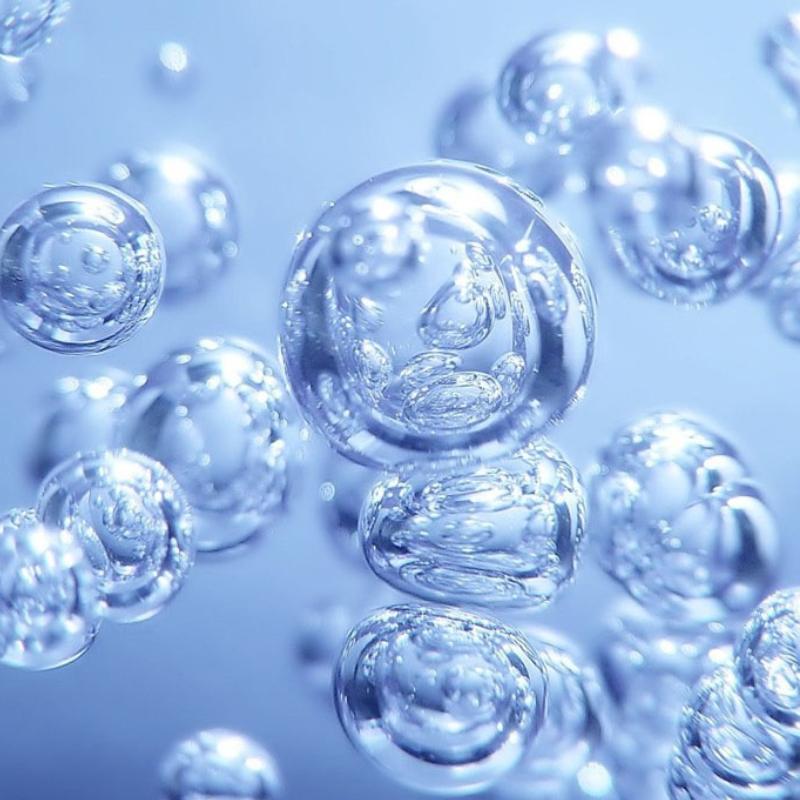
Ozone (O3) is a molecule containing three oxygen atoms. It has various effects, including antimicrobial, anti-hypoxic, immunomodulatory, bio-synthetic, and analgesic properties. Ozonated water is especially used in dentistry as a spray or compress.
Dental Ozonotherapy is a procedure performed with ozone generators, usually in a single session but sometimes in 2-3 sessions, completely painless and safe, lasting about 20-30 seconds. The main purpose of ozone therapy in dentistry is to eliminate microorganisms in the oral cavity. Even with a short session of 20-30 seconds, it has been observed to eliminate bacteria up to 99%. Due to its antimicrobial and tissue-healing properties, ozone is frequently used in dental treatments.
Applications of Ozone Therapy:
- Accelerating the healing process after gum treatment
- Relieving tooth sensitivity
- Providing antisepsis and supporting hemostasis in surgical procedures, increasing local oxygen levels
- Accelerating wound healing and providing antisepsis at the site after surgical procedures
- Eliminating bacterial plaque around orthodontic brackets
- Preventing dental bacterial plaque
- Treating early-stage cavities
- Treating various oral lesions such as canker sores, cold sores, and preventing pain
- Preventing peri-implantitis (infection of tissues around the implant) after implant surgery
- Treating fungal infections that occur under prosthetics
Please note that the use of ozone therapy in dentistry is not a comprehensive list, and its applications may vary based on the individual case and the dentist's judgment
